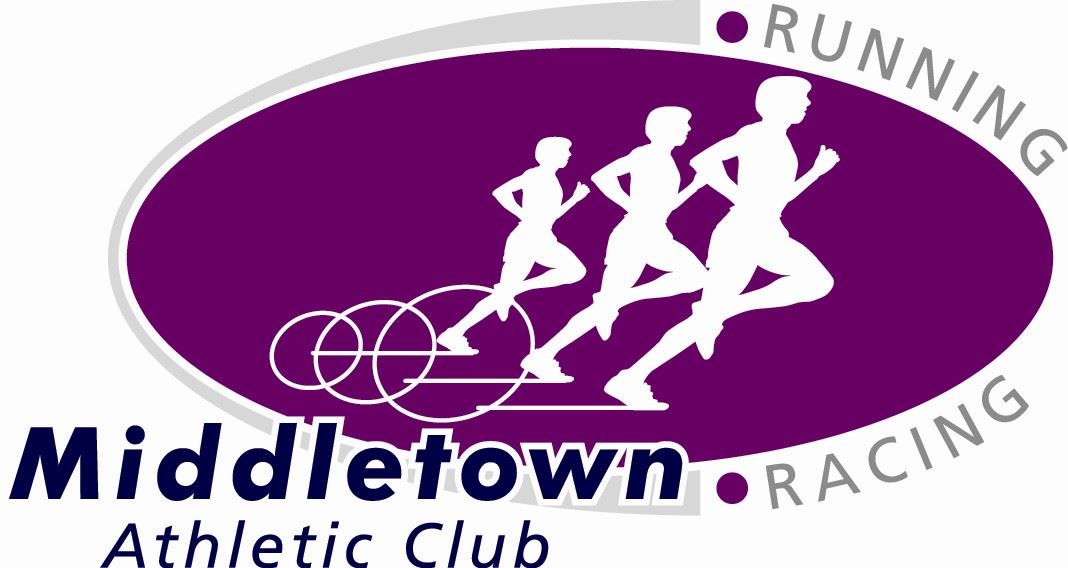Middletown Athletic Club
General Meeting Minutes
2/3/2016 7:30
A review of the 2015 Financial Report was provided. The club started 2015 with $3,758 and ended with $3,139. Overall, the club is financially healthy. The Financial Report was distributed and income and expenses were discussed in detail. Copies of the Financial Report are available for review- please contact a Board member for a copy.
January Board Meeting Minutes were distributed and a discussion regarding board resignations and open positions was held. Nominations are being accepted for three open board positions.
The club recognized the outstanding service of the outgoing board members. All of them will remain active in the club, Andy will continue eNotes and Kendra will continue to manage the scholarship program. Canvas pictures of them running races in their MAC singlet were given as a small token of appreciation for their years of service to MAC. Thank you!
Andy Shearer
Barb & Joe Ward
Kendra Myers
If you would like to nominate someone for one of the open board positions please contact Kevin, Lauren, Jeanine, Geoff or Angi
Club dues are due by 3/31 and are payable on the new website. Student memberships are $5, individual $15 and family membership increased to $25.
MAC will continue to award 2 - $750 scholarships. The student must be in the Appo school district and accepted into a 4 year college/university program.
Geoff provided a demonstration of the club’s new website! The new site will allow club members to get up to date information and keep in touch with MAC. The old website was static and out of date- this modern design is easy to use and maintain. Links to follow MAC on social media are also on the site. Thank you Geoff for all of your hard work converting the club’s data.
Jeanine provided information on club apparel. Including short sleeve tech shirts.
Upcoming events:
Feb 21st- Inter Club Run, followed by social, Schaeffer’s Canal House 2 pm
March 10th- Strength Training for Injury prevention, Premier Sports Performance Complex, 7p.m.
June (TBD) Race to Find a Cure 5K
Aug 20th- Peach Festival 5K
Volunteer Opportunities
DE Marathon Waterstop – May 8th
Healthy Kids Running Series – begins April 8th
